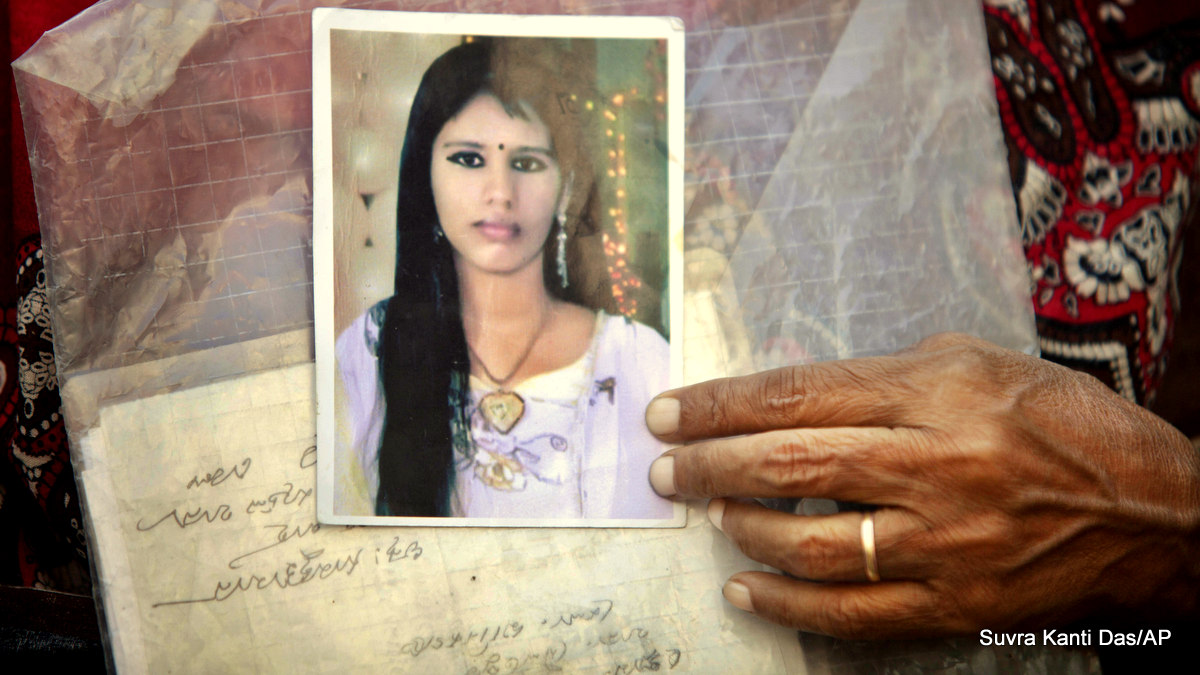By Kathryn Maureen Ryan
Impunity Watch, Managing Editor
RAMALLAH, Palestine – In a move that could signal the possibility of an prosecution of war crimes allegedly committed by members of the Israeli armed forces as well as Hamas during the 2014 armed conflict between the two groups the International Criminal Court granted observer state status to the Palestinian Authority on Monday. The move clears the way for alleged war crimes to be investigated in the occupied Palestinian territories. The ICC, which is governed by the Rome Statute, is the first permanent, treaty-based, international criminal court established to help end impunity for the perpetrators of the most serious crimes of concern to the international community including war crimes, genocide and crimes against humanity.
The President of the Assembly of State Parties of the Rome Statute of the ICC noted that this step was not indicative of any imminent indication that the court’s judicial body might later take on the issue of potential crimes committed in the occupied territories. “The assembly takes the following decisions on procedure independently and without prejudice to decisions taken for other purposes, including the decisions of any other organization or any organ of the court concerning legal matters before it,” she said.
“At the same time I recall that Rule 94 of the rules of procedures states that at the beginning of every session of the assembly the president, subject to the adoption of the assembly, may invite states which are not parties to the Rome Statute and which have not signed the final act nor the statute to attend the assembly proceedings.”
After the meeting, the Palestinian Liberation Organization (PLO) Ambassador to the UN in New York Riyad Mansour said that Palestine’s formal inclusion as an observer nation sent “a signal that we are inching closer and closer to the moment of signing on and becoming a state party to the ICC.” He continued “We have consensus among the Palestinian people and among the political groups within the PLO and outside the PLO that we should take that step. What happened today is inching forward in this direction.”
Monday’s decision is a symbolic victory for advocates of Palestinian statehood who have called on the Palestinian Authority to be granted a seat at the International Criminal Court in The Hague. Monday’s decision means that it is now legally possible for war crimes to be investigated in the occupied territories by the International Criminal Court if requested. “What this means is that Palestine is now listed as a ‘non-state party observer’ – exactly the same status as the US or Russia or every other country that is not a signatory of the Rome Statute,” said Al Jazeera Diplomatic Editor James Bays reporting from the United Nations Headquarters where the open meeting of the assembly of states parties of the International Criminal Court occurred on Monday. “In other words, all the ICC signatories now consider Palestine to be a state. The acceptance is symbolic but adds to the international momentum for Palestinian statehood and has legal repercussions,” he said. “If Palestine now applies to join the Rome Statute, it will be much harder to reject them. The acceptance clearly brings war-crimes trials against Israelis one step closer.”
For more information please see:
Al Arabiya – Palestinians secure observer status at ICC – 9 December 2014
Al Jazeera – Hague-based ICC accepts Palestine’s status – 9 December 2014
International Business time – Palestine Becomes Observer in International Criminal Court, Can Seek Probe into War Crimes – 9 December 2014
The Jerusalem Post – Palestinians gain observer status at ICC Assembly of State Parties – 9 December 2014


